
This is a summary of our visit of the Deosai Plateau during the summer; the wildlife and scenery we experienced while camping and exploring the area.
The summer of 2022 was unusually dry on the Plateau. The Deosai summer, which is normally full of water with the carpet of alpine flowers in full bloom, this time was super dry and the plants were all the like their autumn colors. There was a lack of snowfall in the winter, earlier in the year, so it caused the high plains to be dry early on. In another blog, I will write about the impact of this big change on the Himalayan Brown Bears.
Past articles about the Deosai
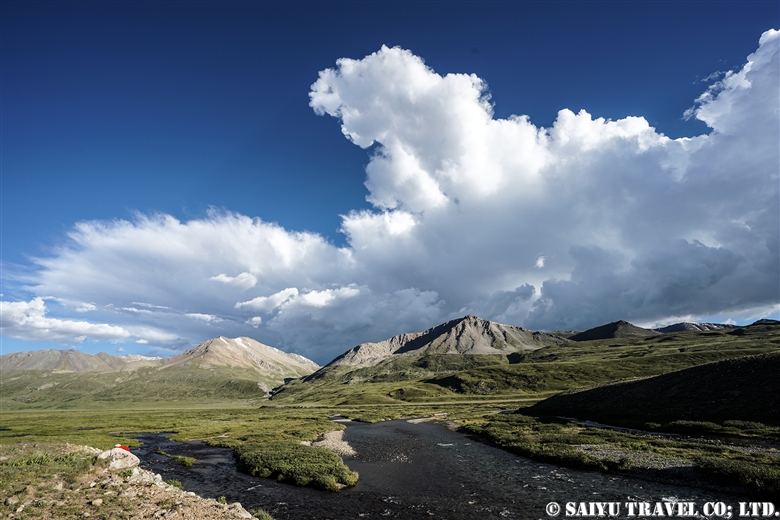
The Deosai Plateau on a sunny day is remarkable, with crystal clear rivers, wetlands and mountains inviting you to stay.
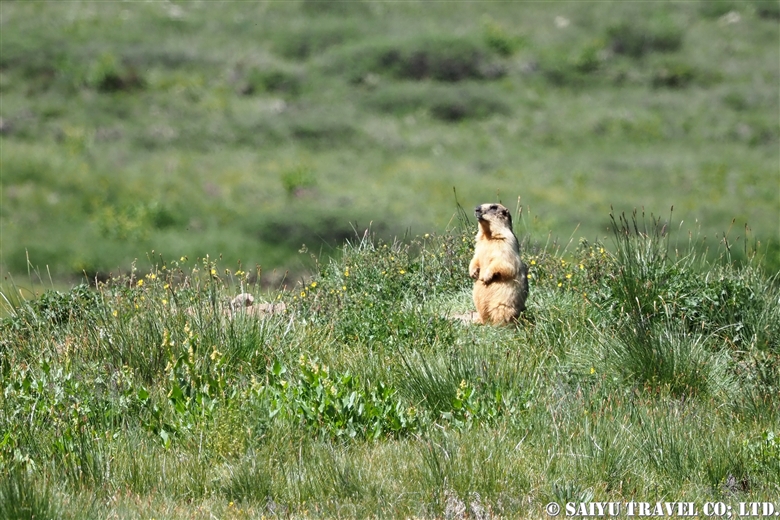
The Long-tailed Marmot(or Golden Marmot). These are the same species as the marmots we see near the Khunjerab Pass, but will have a more muted coloration. (The Khunjerab Pass marmots really live up to their names as the “Golden” marmot!)
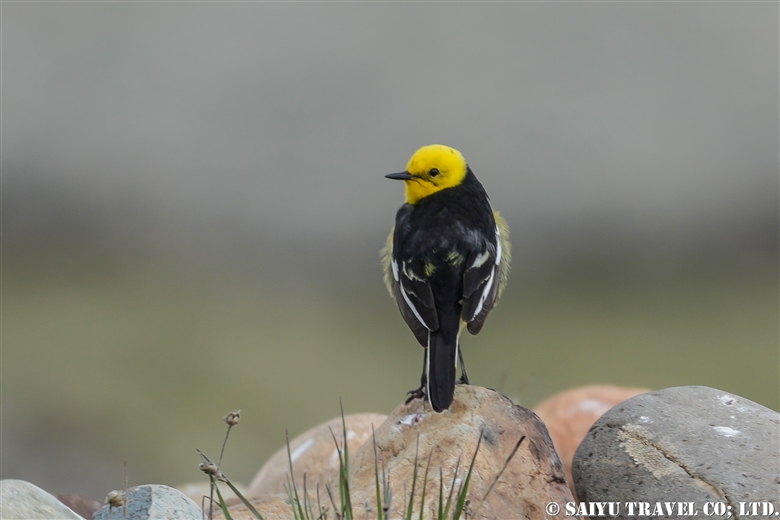
A male Citrine Wagtail. So striking in the breeding season! Breeding in the thickets along the river, we saw them carrying beaks full of insects to their chicks in the mornings and evenings.

The male Horned Lark who was busy feeding their chicks as well. I was there in mid-July, which seemed to be the season for fledging. It was nerve-wracking to see the baby birds that could not fly so well, as they were so close to the roadway.
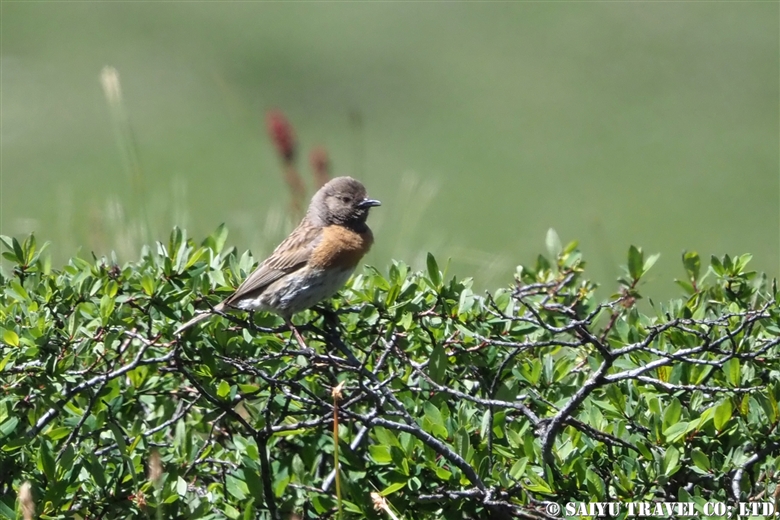
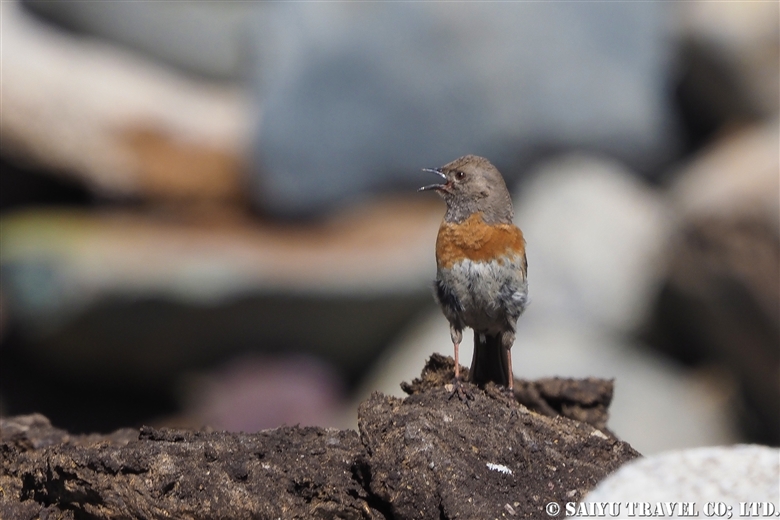
The Robin Accentor. I didn’t really see it near the campsite, but we saw it while observing the livestock grazing in the Shatung area. In Pakistan, this bird can only usually be seen in a limited area from the Deosai Plateau to the northern area.
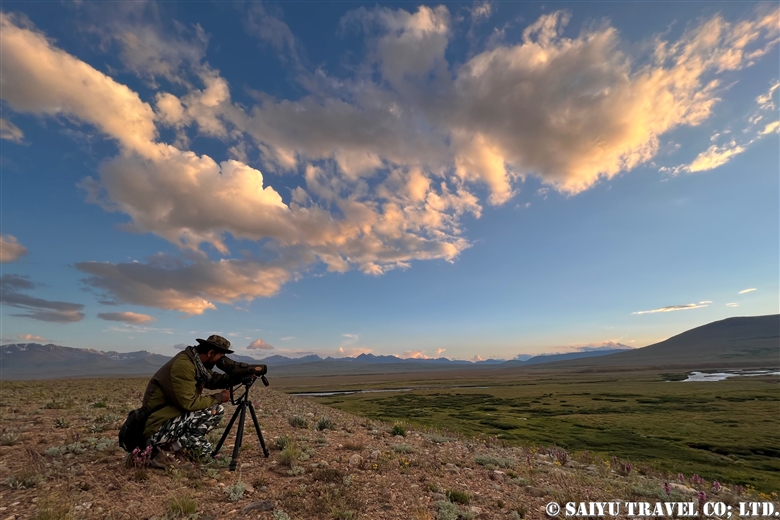
We walked every day in search of the Himalayan Brown Bear. Due to the exceptionally dry weather this summer, the brown bears were not in the areas where they are usually seen. There were days when we couldn’t find them, even though we looked all day, into the evening.

After days of walking, there was a big bear cub. It may have had a mother bear nearby, or maybe it was recently independent.

There was another huge Himalayan Brown Bear engrossed in eating grass. Thanks to the wind direction, I was able to get even closer to observe it.
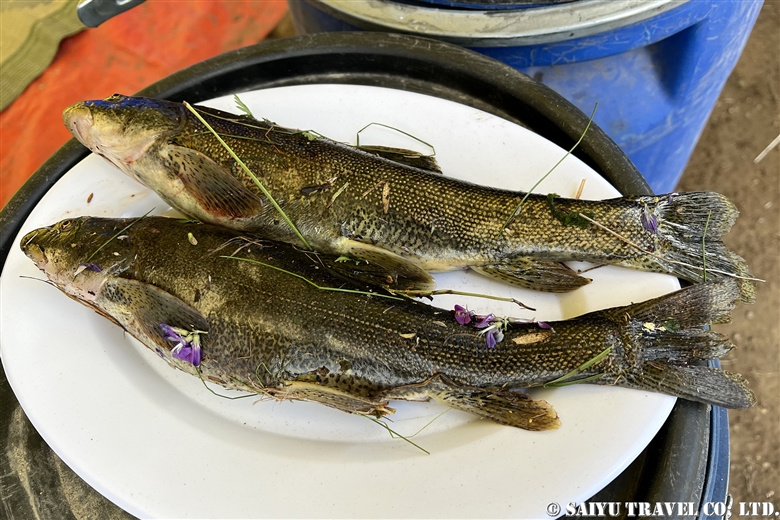
When I returned to the campsite, we had large trout waiting for us (note: it was caught by the staff with a proper permit from the national park). The Deosai Plateau contains both native and exotic trout released for fishing by the British during the colonial period. I don’t know which one this is, but it seems the native trout is a very rare species called an “Indus Snow Trout.”
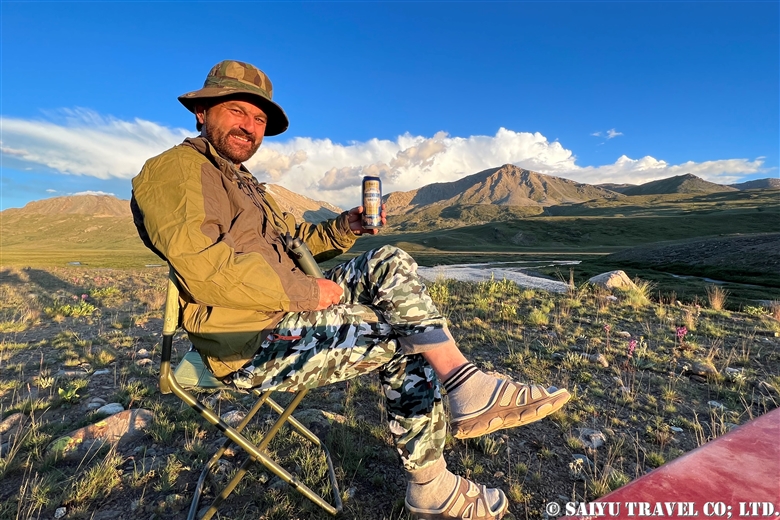
Seeing trout makes me a little thirsty for Beer. We had a toast with Pakistani beer, Murree Beer (Caution: the altitude is 4,000m, so don’t try it). This can is the Murree Brewery’s Millennium Beer, which I personally think is the most delicious beer. It is the British Colonial legacy that I appreciate the most.
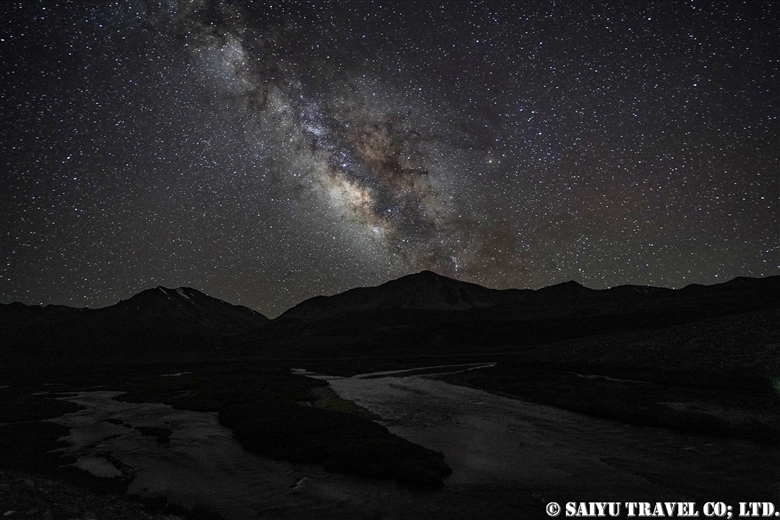
The starry sky of the Deosai Plateau. I really recommend taking photos of the dark skies of the Deosai Plateau.

A brown bear came to our campsite…it was attracted to the garbage, looking for food and is seems it comes often. It was clearly visible in the camera traps.Due to the abnormally dry weather this year, it was difficult to see the brown bears and so few flowers were blooming on the plateau. I just pray that the abnormal weather will not upset the ecology of this special place.
Images & text: Mariko SAWADA
Observation: JUL 2022, Deosai National Park, Gilgit-Baltistan
Visit our web site “Wildlife of Pakistan”
YouTube : Himalayan Brown Bear in Autumn
Category : ◆ Gilgit-Baltistan > - Himalayan Brown Bear > - Deosai National Park > ◇ Birds of PakistanTag : Pakistan Blog , Pakistan tour operator , Pakistan Travel Blog , Pakistan Photography Tour , Save wildlife in Pakistan , Skardu , Travel Pakistan Blog , Wildlife photography tour Pakistan , Bear watching , Wildlife of Pakistan , Deosai National Park , Indus Caravan , Deosai Plateau , Gilgit-Baltistan , Himalayan Brown Bear , Nanga Parbat view from Deosai Plateau , Northern Pakistan Travel , Pakistan Travel company







